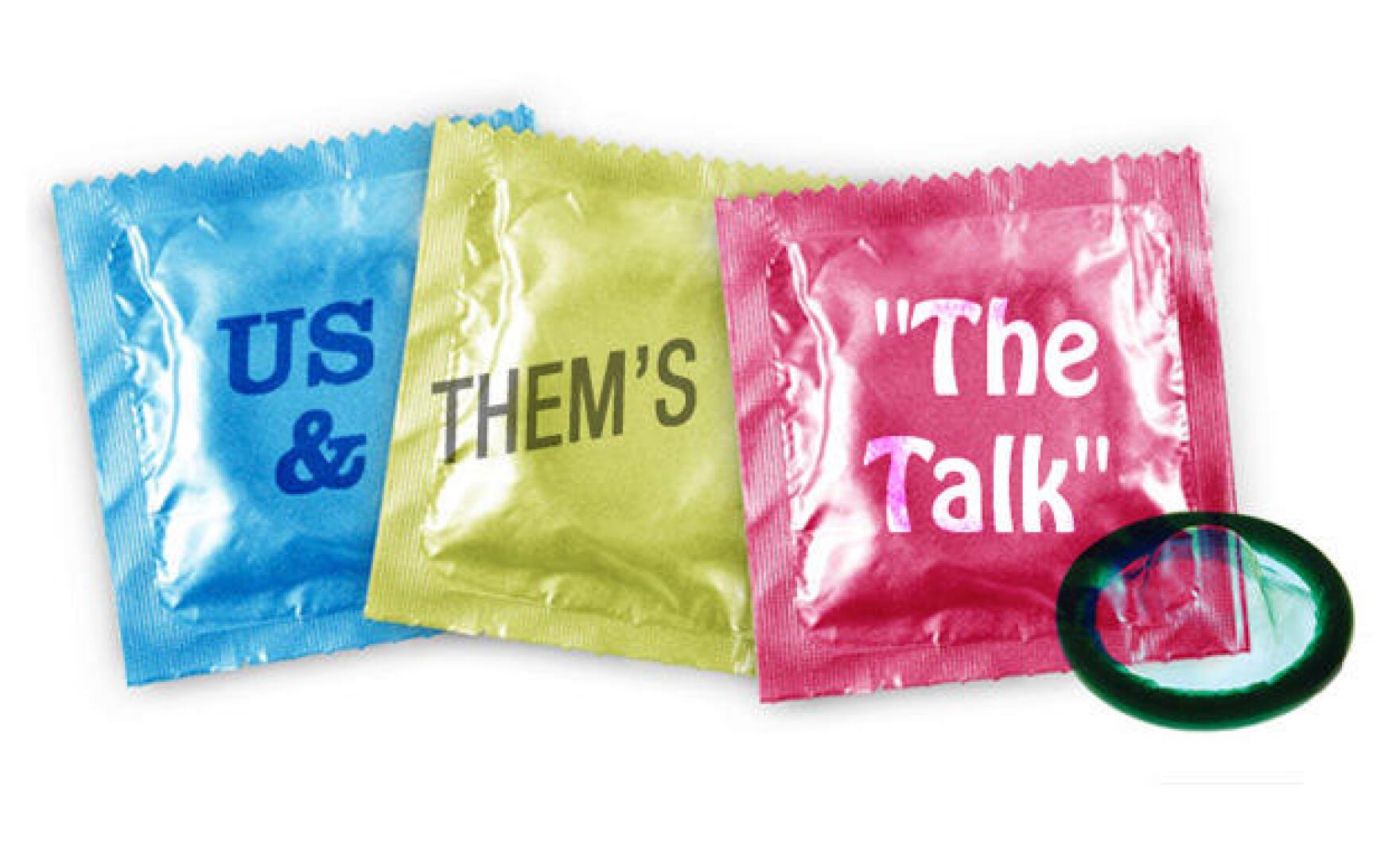The coronavirus pandemic continues to be the top public health concern in the nation.
The West Virginia Department of Health and Human Resources reported early Thursday morning 12 new cases, bringing the total positive case count in West Virginia to 51.
But what about other public health needs?
“We can’t forget about treatment of everything else, because most of what people are going to die from is not the coronavirus, it’s other problems,” said Dr. Terrence Reidy, health officer for the Berkeley-Morgan County Health Department and the Jefferson County Health Department in the Eastern Panhandle. “Whether it’s heart attacks or appendicitis or regular old pneumonia.”
But balancing responding to the coronavirus and addressing ongoing public health needs such as family planning or the opioid epidemic will be a challenge, Reidy said.
“Most of my conversations on this matter have been recognizing that this coronavirus is going to outstrip all other phone calls and all other requests for services. So, many of our basic things are being put on hold,” he said. “We’re having to prioritize by what things can’t wait.”
Things like certain vaccinations or elective surgeries.
But he said things like emergency care, STD treatments or family planning needs still have to be prioritized.
However, the state’s rural geography may play a pivotal role in helping stop the spread of coronavirus.
“People are not as clustered [here],” he said. “So there are people who are able to pretty much stay away from crowds.”
But he also noted our hospitals, several of which have closed in recent years, may not be ready for a swarm of coronavirus cases.
“It’s hard in a rural area to have experts in some medical areas nearby. Recognizing the problems could be difficult.”
Reidy said the best thing to do is to treat everyone with respect, be patient, stay calm and stay home.
“We need to be civil and forgiving of each other. Not the blame game of why wasn’t this done and why wasn’t this done. Just look around; the whole world is suffering from this. So we need to treat each other properly.”
Keep up with West Virginia Public Broadcasting’s latest coronavirus coverage here.
